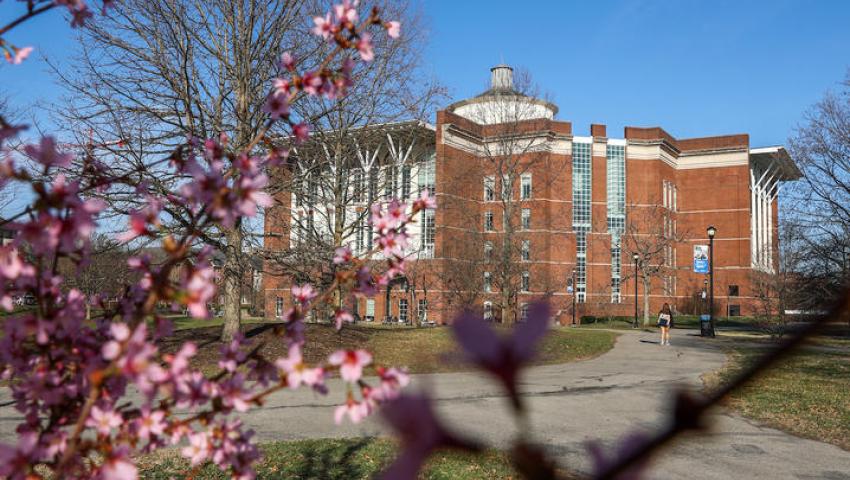
Baseline graduate stipends for fiscal year 2026 announced
LEXINGTON, Ky. (April 9, 2025) — After reviewing data and working closely with colleges and leadership across campus, the University of Kentucky Graduate Stipend and Benefits Committee has updated baseline graduate stipends for fiscal year 2026.
For the third year, the committee analyzed graduate stipends here and at benchmark institutions in order to set competitive baselines for each discipline at UK. For the coming fiscal year, the average baseline stipend increase across departments is 11%.
To improve clarity, this year, the committee has included the baseline stipend amounts based on the Oklahoma State University (OSU) benchmarking criteria as well as the equivalent stipend amounts for departments using 20 out of 26 bi-weekly pay period appointments and annual appointments. Colleges and departments, which make decisions about final stipend amounts, may pay above the baseline amount.
Beginning in the fall semester of 2022, the University of Kentucky announced its commitment to further support graduate students through enhanced compensation and benefits.
In 2023, after much work and research, the Graduate Stipend and Benefits Committee provided updates to the Office of the Provost and other college leadership. The university then implemented baseline graduate stipends based upon these recommendations; colleges, graduate programs and other hiring departments had until Jan. 1, 2024, to raise any stipends that did not meet these baseline amounts.
Preliminary data showed that a majority of UK graduate programs already provided stipends on par with or higher than the average for their disciplines when compared to benchmark institutions.
The committee worked closely with colleges and departments, hiring departments across campus and Institutional Research, Analytics and Decision Support (IRADS), to analyze and implement competitive baseline stipends, using standardized data, for graduate students.
Specifically, the committee:
- Helped ensure that UK tuition scholarships for graduate students would cover all mandatory fees;
- Worked with IRADS and colleges to regularly analyze current graduate stipends for all graduate programs at UK, as well as stipends provided to graduate students by nonacademic units;
- Established baseline stipends based on standardized data from the OSU Graduate Stipend Survey, which is an annual national survey with participants including 12 SEC schools, and initiated UK’s participation in the survey;
- Implemented a standard process to reevaluate and update baseline stipends annually, using this standardized benchmark data.
With these tasks completed, the committee disbanded in February — but this work will continue.
Going forward, the Graduate School and Student Success will continue working with IRADS and other units across campus to analyze data and set baseline stipends each year so that we can ensure they are at or above our benchmarks. Those baseline requirements will be provided to colleges and departments, who will make the final decisions regarding offers for their part-time graduate student positions and may choose to pay above the baseline.
“We know our graduate students are to become the next teachers, researchers and leaders in many fields,” said Padraic Kenney, dean of the UK Graduate School and associate provost for graduate and professional education. “And we know the importance of our continued commitment to their success. We will remain focused on this each year moving forward.”
As the state’s flagship, land-grant institution, the University of Kentucky exists to advance the Commonwealth. We do that by preparing the next generation of leaders — placing students at the heart of everything we do — and transforming the lives of Kentuckians through education, research and creative work, service and health care. We pride ourselves on being a catalyst for breakthroughs and a force for healing, a place where ingenuity unfolds. It's all made possible by our people — visionaries, disruptors and pioneers — who make up 200 academic programs, a $476.5 million research and development enterprise and a world-class medical center, all on one campus.